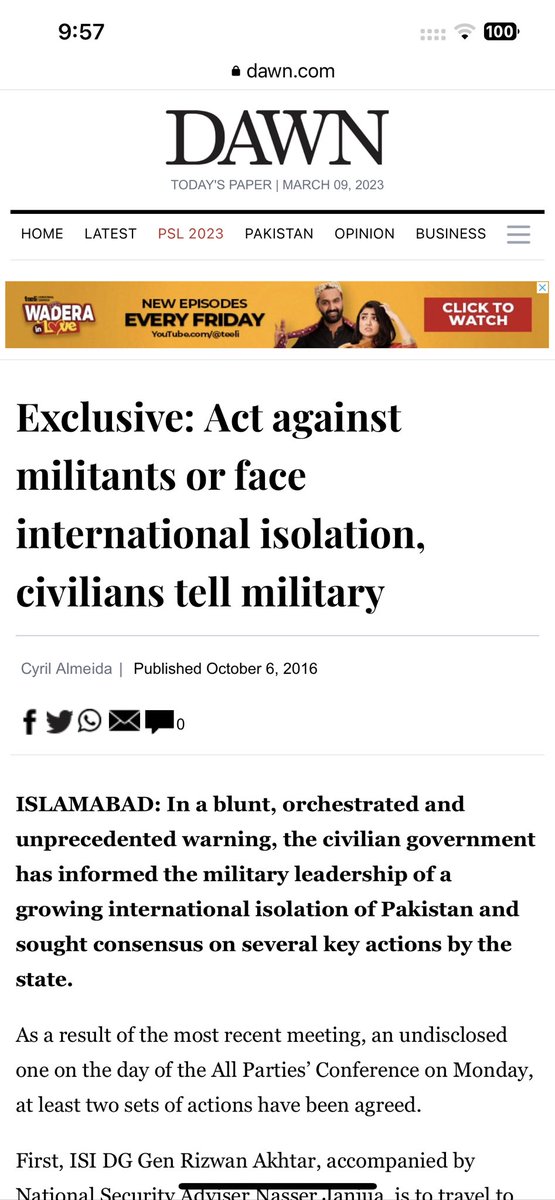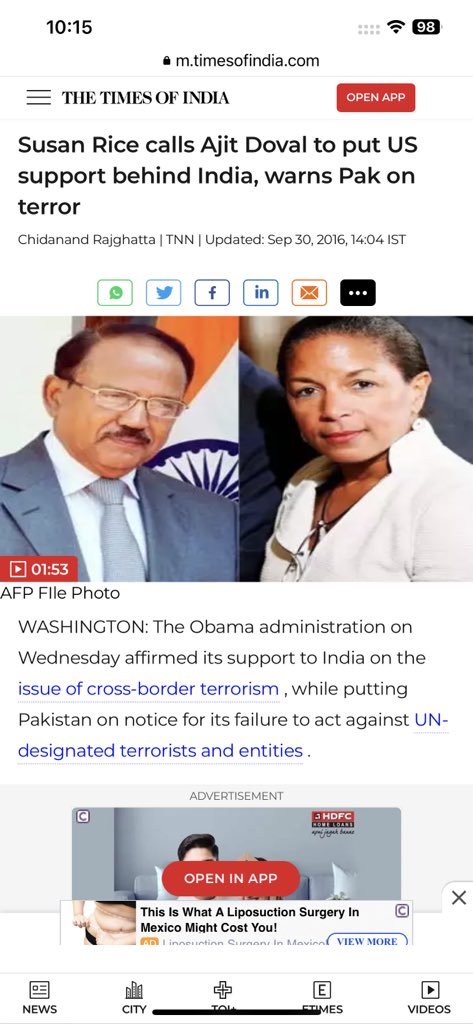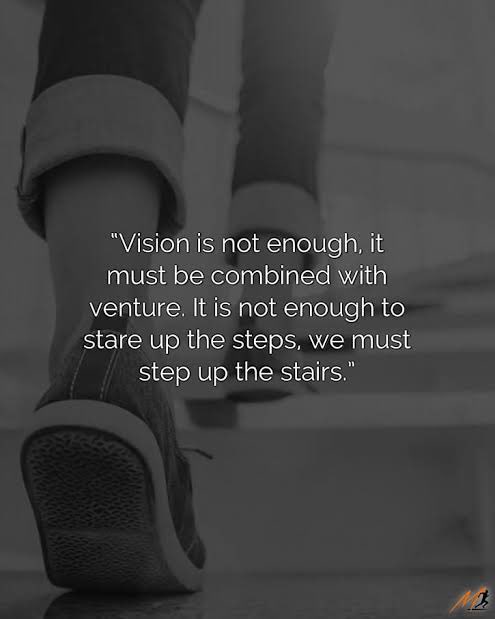
In 2016, Pakistan was facing troika’s (🇺🇸🇮🇳🇦🇫) threat of isolation.
On 4 October, during in-house-discussion,there were three presentations: 1st by DGMO,2nd by NSA &3rd by me as Foreign Secretary
On 6 October, PM Nawaz Sharif through #DawnLeaks took anti-state stance and
1/16
On 4 October, during in-house-discussion,there were three presentations: 1st by DGMO,2nd by NSA &3rd by me as Foreign Secretary
On 6 October, PM Nawaz Sharif through #DawnLeaks took anti-state stance and
1/16

Dawn published a story, supporting international isolation narrative of troika being spread by USA, Indian and Afghanistan.
“Act against militants or face international isolation,civilians tell military”
But before that on 29 September 2016, USA and India NSAs talked+
2/16
“Act against militants or face international isolation,civilians tell military”
But before that on 29 September 2016, USA and India NSAs talked+
2/16

On 29 September 2016, US NSA Susan Rice spoke to her Indian counterpart Ajit Doval to offer condolences to families of the Uri attack victims and express support for India on the issue of terrorism, National Security Council spokesman Ned Price said in a read-out on call. +
3/16
3/16

In an in-house discussion in Prime Minister's office on 3rd October, discussions were being held on the implementation of the National Action Plan. NSA provided the briefing, & we later discussed the Kashmir issue in context of PM recent UNGA speech & killing of Burhan Wani.
4/16
4/16
Meeting recognized need to take action under NAP against militant organizations which could undermine stability of 🇵🇰 or malign Kashmir cause. There was nothing unusual about this meeting; it was a cordial one,& I did not observe any whiffs of acrimony amongst participants.
5/16
5/16
On 4th October, the meeting continued with three presentations. The first one was by the DGMO regarding the situation on the LoC,second by NSA on the status of implementation of NAP, & third by me as the Foreign Secretary on the recent security & foreign policy challenges.
6/16
6/16
What emerged was a clear consensus on taking forward the implementation of the NAP in earnest, with action steps designed accordingly that involved the cooperation of the police and intelligence authorities.
7/16
7/16
On the afternoon of 4th October, I received a text message from a number belonging to a journalist working for the Dawn newspaper. In his text message, he had written that he was working on a story regarding the presentation that I had made and would like to come see me.
8/16
8/16
I ignored his message. As it was, this was his first ever message to me, & I had never met him or spoken to him earlier. following day, he sent me a message once more that Dawn newspaper would be running a story about a presentation that I had made & wanted to speak to me.
9/16
9/16
This time, I responded with a text message that I would not like to comment on my briefings. He again sent me a message that since he was quoting me extensively in his story, he would still like to speak to me. I once again ignored his message.
10/16
10/16
It had been my principle and a professional ethos of sorts to never speak about the contents of the discussions in the high-level meetings to anyone. Even here in this book, I have refrained from divulging any privileged information that came to me by virtue of my office,
11/16
11/16
and have mentioned only the publicly known thrust of the meetings.
On 6th October, the Dawn newspaper published a front-page story attributed to said journalist, which headlined in bold letters: Act against militants or face international isolation, civilians tell military.
12/16
On 6th October, the Dawn newspaper published a front-page story attributed to said journalist, which headlined in bold letters: Act against militants or face international isolation, civilians tell military.
12/16
The story had two underlying presumptions, both of which I do not regard as valid. The first presumption was that Pakistan was facing growing international isolation. This was an absolutely false angle to take. There was no such discussion of isolation.
13/16
13/16
We all believed that India, aided by the US and Afghanistan, was trying to project Pakistan as an isolated country, but their strategy was failing. If anything, Pakistan's connectivity was only increasing, aided by increased collaboration and links with China, Central Asia,
14/16
14/16
West Asia and the entire Eurasian landmass. In fact, only a month earlier, in September 2016, we were at the UNGA session, when at a press conference in New York, someone asked the question whether Pakistan was getting isolated in the international community.
15/16
15/16
Reference: page 487-489 of memoir penned down by @aizaz1101
Detailed account of #DawnLeaks and role of @NawazSharifMNS @MaryamNSharif and @cyalm
16/16



Detailed account of #DawnLeaks and role of @NawazSharifMNS @MaryamNSharif and @cyalm
16/16




• • •
Missing some Tweet in this thread? You can try to
force a refresh















